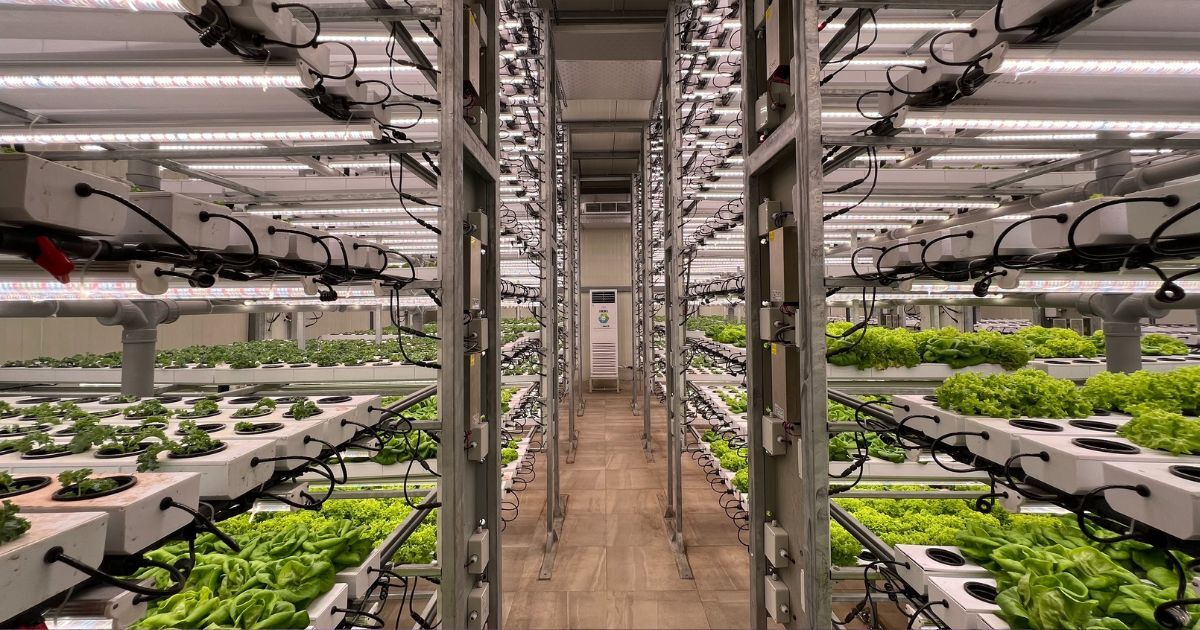Advancing the Next Generation of Intelligent, Autonomous Wireless Networks
As Canada prepares to usher in the next generation of wireless 6G networks — a market expected to explode to US$300 billion by 2033 — a team of Montreal researchers at École de technologie supérieure (ETS) is working to enhance future networks ensuring the technology will be capable of self-configuration, self-optimization and self-healing, even in the most demanding of environments, and that data speeds will be lightning fast.
Their cutting-edge innovations have earned Georges Kaddoum, chair professor and research director of the Resilient Machine Learning Institute (ReMI) at ETS, the Mitacs Award for Exceptional Leadership—Professor, awarded by Mitacs — a national innovation organization that fosters growth by solving business challenges with research solutions from academic institution. The delivery or Mitacs programs in Quebec is made possible thanks to the support of MEIE, FRQNT and FRQSC. The award will be presented at a ceremony at the National Arts Centre in Ottawa on November 22.
Kaddoum — who spearheaded the establishment of ReMI as a pioneering research centre in 2019 and has since mentored more than 15 Mitacs interns — is being recognized for the innovation hub’s work to build next-generation networks enabled by artificial intelligence (AI) and therefore capable of distributed intelligence.

Their work is of critical importance to support both the tactical wireless networks relied on by Canadian emergency, military and humanitarian relief teams during crises, as well the digital infrastructure businesses, governments and citizens rely on every day.
“The more we rely on wireless communication, the more imperative it is to build networks capable of sensing and observing their environment, so they know how to evolve and continue to operate without disruption in the event of a problem,” said Kaddoum, explaining that the goal is to build autonomous and cognitive networks capable of near-optimal configurations, that is, determining where to draw power from, what information to transmit and the best pathway to use, without the need for human intervention.
“Particularly when it comes to tactical networks in the field, operating under extreme conditions, where every minute count to save lives, we don’t have time for trial and error,” said Kaddoum. “Networks need to deploy and operate quickly, already optimized to provide the most resilient connections.”
Committed to mentorship through the Mitacs program, Kaddoum takes great pride in the transformative work of his distinguished team at Lacime (Microelectronics and Communications Research Lab at ETS) and ReMI, which recently renewed operations for another five years, extending their impact to 2027.
“We must prepare for the impending changes," said Kaddoum, who considers it a privilege to work and train highly-skilled and well-matched Mitacs interns, who “significantly enrich” the institute’s work. “Mitacs fosters innovation through collaborative brilliance, where academia meets the pulse of industry for real-world transformation,” he said.
In partnership with Ericsson researchers at ETS are currently developing novel solutions that significantly improve several key performance network indicators by leveraging technologies such as intelligent reflecting surfaces, non-terrestrial networks, digital twins, and Terahertz (tremendously high-frequency waves) technology. As a result, it will for example be possible to download and watch a video from a mobile device in a matter of seconds, and support emerging applications like remote surgery, where doctors will be able to use robots to operate on patients who are miles away without experiencing latency. Researchers are also considering ways to reduce the energy consumption and carbon footprint of future wireless networks.
“This is a service we rely on 24 hours a day, seven days a week, all year long,” said Kaddoum. “We need to be thinking about how we can green the technology and make it friendlier to the environment.”
"Future jobs in this field will demand more, requiring expertise in technologies such as AI programming and advanced networking skills,” he said. “Failing to train highly-skilled individuals locally in these areas puts us at risk of losing out to international competition.”
The Mitacs Award for Exceptional Leadership—Professor is presented to an academic supervisor with an exemplary record of developing collaborations with industry and community organizations, providing valuable research and training experiences to their interns, and initiating research projects with significant outcomes through their Mitacs funding. Mitacs programs are funded by the Government of Canada and provincial and territorial governments across the country.
Kaddoum is one of nine Mitacs award winners nationally, chosen from thousands of researchers who take part in Mitacs programs each year. The remaining eight recipients were recognized for outstanding innovation, commercialization or exceptional leadership in other areas of research.
In congratulating the winners, Mitacs CEO John Hepburn reflected on Mitacs’ 25-year history of providing Canadian innovators with opportunities for experiential skills development through strategic partnerships between industry, government and academia. “Mitacs is honoured to play a pivotal role in empowering industry leaders across Canada to foster game-changing ideas, and we couldn’t be more pleased to celebrate their significant achievements with these awards,” Hepburn said.
For more information about the Mitacs awards and a full list of winners, visit www.mitacs.ca/newsroom.


